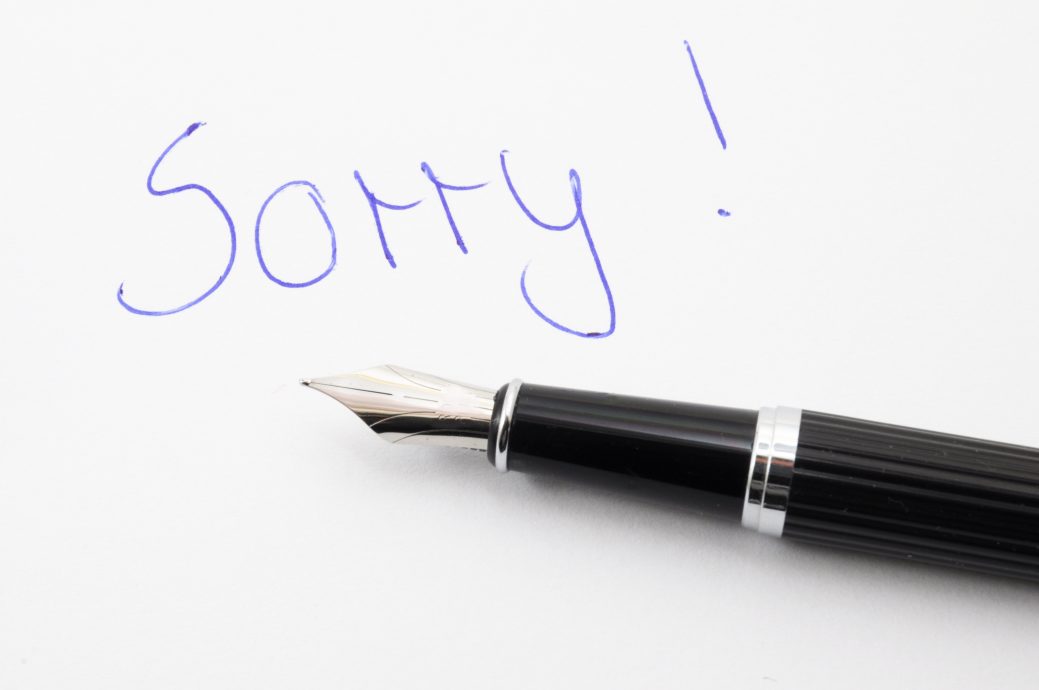Academic Fighting about the Emoluments Clause and an Apology
A lot of what occurs in academia these days is quite distressing. And it is enough to drive one further towards the tribal view of the other side being bad guys. Thus, it is important to try to find ways of avoiding this fall into the abyss. One of those ways is a commitment to academic ideals.
It was therefore nice to see some responsible and genuinely praiseworthy behavior from a law professor. Here is a brief version of what happened.
Seth Tillman has argued that the Foreign Emoluments Clause does not apply to the President, because the President is not “an officer under the United States.” Tillman has made this argument as an academic for many years, but has now maintained his position as an amicus with law professor Josh Blackman in litigation involving President Trump. Other law professors have argued on the other side.
One piece of evidence that Tillman relies upon is that Alexander Hamilton did not list the President as one of the officers under the United States in an early document. The academic opponents of Tillman found another document that did list the President and those academics claimed it was signed by Hamilton. The academics attacked Tillman harshly, claiming that he was refusing to acknowledge the evidence against him.
But Tillman and Blackman came back and provided strong evidence that the second document was a scriveners copy (“the antebellum equivalent of a photocopy”) – which was not signed by Hamilton but a clerk and was drafted long after Hamilton’s death. Tillman and Blackman provided a document with multiple experts stating that the signature was not Hamilton’s.
This evidence appeared to show that some of the people strongly criticizing Tillman had been mistaken. They owed him an apology. While not everyone is up to that standard of behavior, some are and they deserve to be commended.
One of Tillman and Blackman’s critics was Jed Shugerman of Fordham Law School. Shugerman showed how to behave like a responsible adult and as a proper academic. He wrote:
On Tuesday evening, I received the proposed response by Seth Tillman and Josh Blackman explaining their treatment of the Hamilton “Condensed Letter.” I am writing separately from my co-authors on our amicus brief to offer my appreciation for the hard work by Tillman and Blackman to produce these experts’ reports, and I write to offer them an apology.
I welcome amicus’s introduction of these scholars and their interpretations. I have great respect for their expertise and their analysis. I am satisfied that Tillman and Blackman have provided support for their perspective on these documents. I note that we found the “Condensed Letter” in the archives only six weeks ago, and I will continue to examine it in light of these experts’ reports. There is much more to the arguments about the Emoluments Clauses, and I look forward to engaging them in future briefs.
Most importantly, I offer them a public and personal apology for my public questioning of their claims. I was wrong to suggest that Tillman misused sources, and I was wrong to question his credibility. I take full responsibility for my Aug. 31st blog post, which was my work alone, and solely my error in judgment. Even if my questions were reasonable and posed in good faith, I regret that I did not ask these questions by email to give Tillman an opportunity to respond directly. Tillman is a diligent, creative, intelligent, and learned scholar who deserved more respect than the way I handled these exchanges. I’m sincerely sorry for any trouble or hardship I caused for Mr. Tillman and his family.
I had not known of Professor Shugerman before this episode. But based on his behavior in this case, he has shown himself to be a man of integrity.
